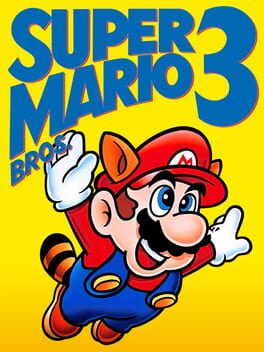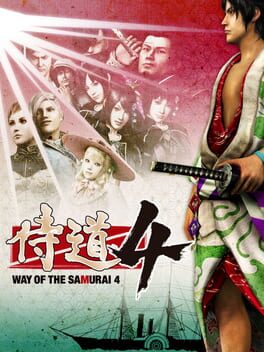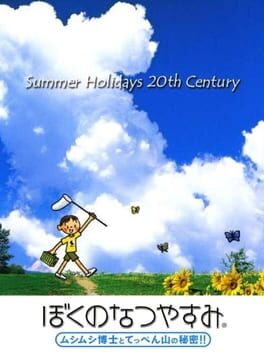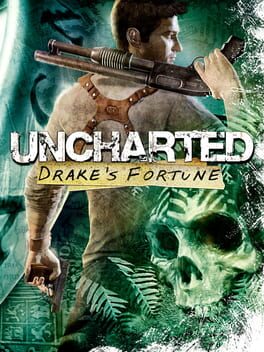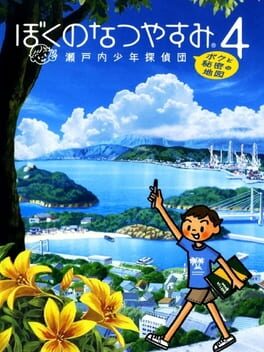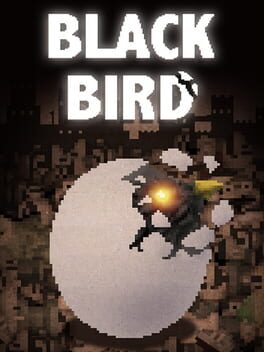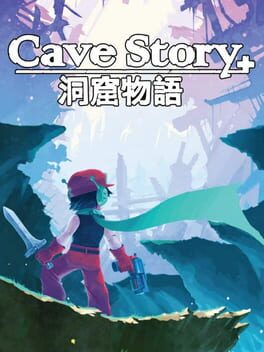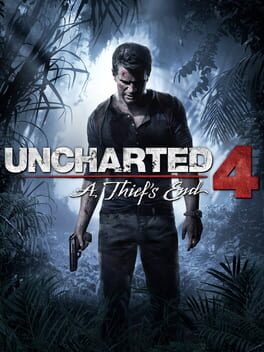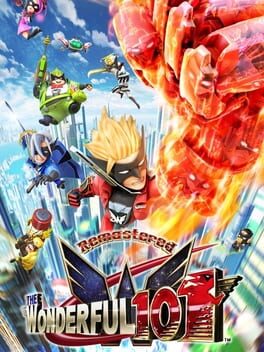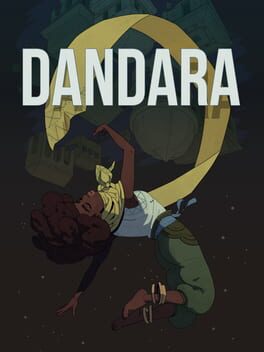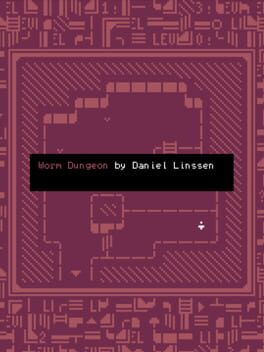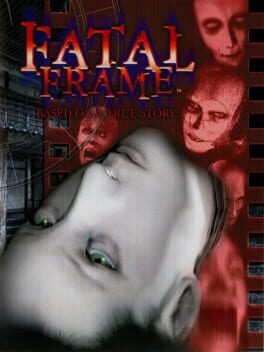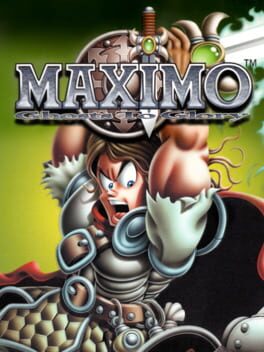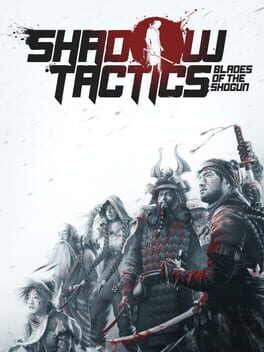2413 Reviews liked by Ardwyw_mp3
Super Mario Bros. 3
1988
Way of the Samurai 4
2011
Boku no Natsuyasumi
2000
Most game genres have a landmark title that’s considered the definitive template. For platformers it’s Super Mario Bros, for first-person shooters it’s Doom, these are legendarily great games that not only established a genre, but shaped the course of the entire industry. However, it’s not always the best games that earn a spot in history, sometimes it’s the ones that fill an unserved demand. This is the case for Uncharted, a game that doesn’t have the same timeless appeal as its genre-founding contemporaries. Even series fans commonly suggest to skip it and play Uncharted 2 instead, the more successful followup which raised the bar for games to come. While I agree that this game isn’t as good, I would recommend it to anyone interested in the genre exactly for that reason. These cinematic adventure games might seem mindless and simple at first, but Drake’s Fortune has flaws that highlight the otherwise subtle details that make these games work. Developers would soon learn how cover-based shooting isn’t interesting on its own, and would instead use it as the glue that links setpieces and narrative moments together. This game’s jungle was little more than a backdrop, but future installments would use locations like sinking ships and burning buildings to ramp up the excitement in interesting ways. Even though you’re essentially doing the same shooting and climbing in each game, the difference in player engagement is vastly different. It’s a perfect demonstration of how the unobvious details can be the difference between mediocrity and greatness.
Black Bird
2018
Cave Story+
2011
This review contains spoilers
El juego más imperialista a día de hoy. Otros, como Far Cry o Ghost Recon, se fijan más en sus mecánicas que en crear personajes con los que empatizar. Pero Uncharted no. Nathan es el héroe, cada vez un poco más.
Ahora resulta que le importa la vida de alguien (la de su hermano, persona que no EXISTIÓ en los 3 anteriores juegos) y matar 7865 personas por el camino no le produce absolutamente nada al héroe. Destruir una ciudad? "La agrego a la lista de lugares a los que no volver"
Uncharted siempre fue esto, pero ahora, erróneamente, se intenta dar peso a estos personajes. Y cuando llega el final (al igual que con The Last of Us 2) lo peor ocurre. El juego se da cuenta de todo. Lo expone en pantalla. Esto no funciona. Plantea todas las preguntas. ¿Es verdaderamente un héroe este señor? ¿Qué hicimos durante estos 4 juegos? ¿Merecemos estar acá? ¿Es esto aventura? Bueno,.... la respuesta a eso es... RUEDAN CRÉDITOS.
Ahora resulta que le importa la vida de alguien (la de su hermano, persona que no EXISTIÓ en los 3 anteriores juegos) y matar 7865 personas por el camino no le produce absolutamente nada al héroe. Destruir una ciudad? "La agrego a la lista de lugares a los que no volver"
Uncharted siempre fue esto, pero ahora, erróneamente, se intenta dar peso a estos personajes. Y cuando llega el final (al igual que con The Last of Us 2) lo peor ocurre. El juego se da cuenta de todo. Lo expone en pantalla. Esto no funciona. Plantea todas las preguntas. ¿Es verdaderamente un héroe este señor? ¿Qué hicimos durante estos 4 juegos? ¿Merecemos estar acá? ¿Es esto aventura? Bueno,.... la respuesta a eso es... RUEDAN CRÉDITOS.
A pesar de lo que derrapa hacia el final, este juego va creciendo cada vez más en mi memoria. Hacer trazos en el momento como mecánica en un juego de acción es algo tan acertado como poco explorado dentro del medio. Pocos juegos dan esa sensación de estar manejando un equipo y no un solo avatar como este, dado al alcance y posibilidades que nos da el acto mismo de dibujar esas líneas. Also, derrocha estilo.
Dandara
2018
Más de movimiento y plataformeo que de "metroidvania" y shooter, Dandara nunca se queda sin ideas nuevas.
Esa parte "metroidvania", en la que se conectan niveles y habilidades y blablabla, queda como comodidad. Lo que importa es cada nivel en particular y la variante que introduce a su peculiar sistema de movimiento.
Esa parte "metroidvania", en la que se conectan niveles y habilidades y blablabla, queda como comodidad. Lo que importa es cada nivel en particular y la variante que introduce a su peculiar sistema de movimiento.
Worm Dungeon
2017
Fatal Frame
2001
This game joins both survival horror and on-rail shooter principles and makes its combat fair and engaging without renouncing to the tension and vulnerability that often comes with horror games.
The game surprisingly turns more arcadey the more you play it. The staged jumpscares that scared you the first time turn into fun 'bonus score' to keep an eye on subsequent runs, the anxiety inducing enemy movement patterns that inevitably culminated in the spectre jumping towards you turn into a fun acuracy challenge with a fun risk-reward mechanic.
Unlike most horror games where the horror sentiment either remains constant (like in tank control survivals) or accidentally disappears due to its loss of shock value, Fatal Frame fully embraces this loss and decides to make it a fun game for second-timers.
The game surprisingly turns more arcadey the more you play it. The staged jumpscares that scared you the first time turn into fun 'bonus score' to keep an eye on subsequent runs, the anxiety inducing enemy movement patterns that inevitably culminated in the spectre jumping towards you turn into a fun acuracy challenge with a fun risk-reward mechanic.
Unlike most horror games where the horror sentiment either remains constant (like in tank control survivals) or accidentally disappears due to its loss of shock value, Fatal Frame fully embraces this loss and decides to make it a fun game for second-timers.
Esta revisión de los dos primeros juegos de la saga Commandos (se eliminan cosas del segundo, al que se asemeja más en general, para que sea casi tan directo como el primero) quizá se antoje demasiado familiar para quien, como yo, haya jugado los originales. Aquellos títulos, estupendos, eran irregulares y problemáticos a nivel técnico. Había que tolerar, pero se hacía porque la experiencia propuesta era única y estaba muy conseguida. Y lo que viene a hacer Shadow Tactics es ofrecer esa misma experiencia sin aristas, sin puntos flojos, todo más redondo y aprovechando años de aprendizaje en diseño de nivel y otras disciplinas videojueguiles. Muy derivativo, ¿no? Por suerte, hay más.
Shadow Tactics posee dos elementos diferenciadores respecto a Commandos: las "Shadow Tactics" que dan nombre al juego, y el enfoque personal que cobra la narración. Lo primero es un sistema que permite almacenar las acciones a realizar de distintos personajes por separado para después ejecutarlas al mismo tiempo, y lo segundo una manera de conectar las misiones mediante sucesos que involucrarán emocionalmente a los personajes. El primer añadido debería ser gigantesco (por las posibilidades tácticas que abre) pero termina por ser mediano o pequeño, pues su empleo no suele ser necesario, pero el segundo, en teoría menos importante, cambia la manera en que procesamos nuestros actos, que terminarán por volverse cuestión personal, generando ese "efecto viaje" tan presente en videojuegos de aventura y que uno nunca esperaría en una propuesta así.
Shadow Tactics posee dos elementos diferenciadores respecto a Commandos: las "Shadow Tactics" que dan nombre al juego, y el enfoque personal que cobra la narración. Lo primero es un sistema que permite almacenar las acciones a realizar de distintos personajes por separado para después ejecutarlas al mismo tiempo, y lo segundo una manera de conectar las misiones mediante sucesos que involucrarán emocionalmente a los personajes. El primer añadido debería ser gigantesco (por las posibilidades tácticas que abre) pero termina por ser mediano o pequeño, pues su empleo no suele ser necesario, pero el segundo, en teoría menos importante, cambia la manera en que procesamos nuestros actos, que terminarán por volverse cuestión personal, generando ese "efecto viaje" tan presente en videojuegos de aventura y que uno nunca esperaría en una propuesta así.
